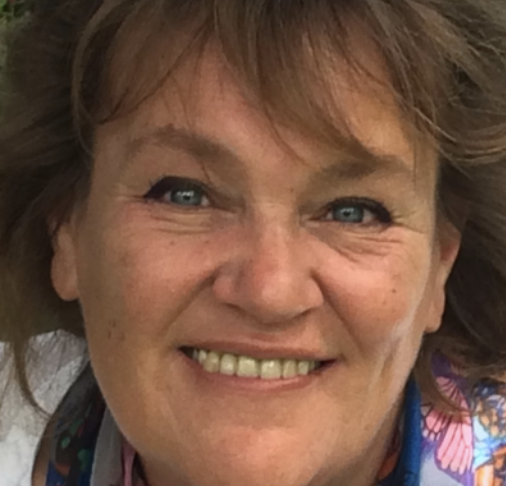100 years on from the end of WWI and many remember the dead.
It can be good to remember, reflect and explore what endings mean, individually to you. Sometimes linking the past to the present is helpful, but not always; there can be shame and guilt if you're relieved that some part of your life has grown wings and flown away, that's OK too.
Sometimes, the deep love and connection you had with the dead brings tears, laughter and a sense of belonging to your world. Shock and isolation are the comfort blankets. Perhaps you experience and believe that this or any death was your fault - hence the guilty feelings and how you should've done better. The bargaining begins with thoughts of "if only I had...".
Depression can arise; this is a natural phenomena and usually lasts the longest. It may feel like there is no light, or perhaps too many lights with bangs and booms which sound like a battle on the Somme and we can "go over the top" with regret and guilt.
Remembering lost ones who are dear to us is also to recognise that a part of our own identity is lost too. Loss can come in many forms: the home nest may emptier - young people at university, doing a gap year, etc. The future may look insecure, vulnerable and isolated. It may be a time where at Christmas, families are split between in laws and step families.
Whilst there are endings everywhere, there are also beginnings and hope. Renewal and emotional growth go hand in hand and it's never too late to be creative, curious and emotionally repleted, if you choose to look up at the sky filled with stars and our moon, rather than the ground.
Death is around us, always. It could be a parent, spouse or partner, child or pet - indeed anyone or anything that has died. On Remembrance Day we wear poppies - a hardy and enduring flower - to remember those lost. It's also OK to forget. Grief is hard and this is the price we pay for loving. Initially, the waves of bereavement and loss are tidal; these waves recede in time.
Perhaps now is the time for your poppy, your own grief, to be noticed, nurtured and enabled to grow and resolve.
And so I wonder, what does your poppy look like?

